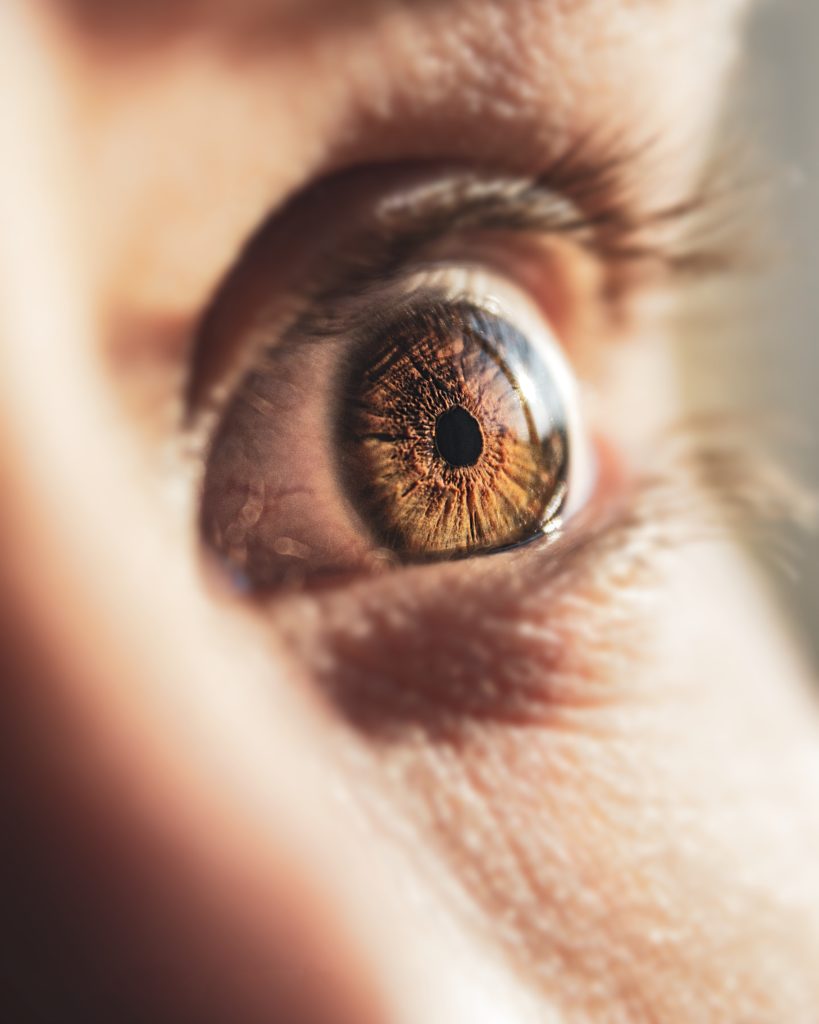

Should I let my doctor know if I'm experiencing eye floaters?Īlthough common as we get older, let your eye doctor know if you are experiencing eye floaters. Contact your doctor right away if you experience these symptoms. Causing serious vision problems, posterior vitreous detachment and retinal tears can cause a sudden increase of floaters or bursts of light across your field of vision. Retinal detachment is a condition where the shrinking and pulling away of the vitreous causes the retina to detach. While much of the time eye floaters are a normal part of aging, there are circumstances when they can be a symptom of a more serious condition. "Highly nearsighted patients tend to have more floaters than average." Can eye floaters signal something more serious? "Vitreous degeneration is accelerated by nearsightedness (myopia), inflammation, trauma and rare inherited abnormalities," adds Dr. For many, floaters may begin showing up between 50 and 70 years old. Many people have no family history of retinal detachment or tears when they start noticing eye floaters.


Who is more likely to develop eye floaters? Floaters also become more noticeable when you are tired."Įye floaters don't go away but can become less noticeable over time. A perfectly homogeneous background such as the blue sky will make every floater stand out. A complex visual image will tend to hide floaters. "Brighter light causes pupil constriction which makes the light source smaller. "From an optical standpoint, the pupil is the light source within the eye," says Martin Worrall, MD, Nebraska Medicine ophthalmologist at the Truhlsen Eye Institute. Head position, movement, brightness, background and fatigue can all be factors when seeing eye floaters. How they appear depends on if they are close to or further away from the retina. The retina is located in the back of the eye and sends signals to the brain where they become images. When you experience floaters, you are seeing the shadows created by these clumps as they slowly drift through the vitreous and pass by or hover in front of the retina. This is where eye floaters live.Īs we age, the natural gel-like fluid in the vitreous starts to shrink, creating tiny clumps or strands. The middle of the eye is filled with a gel-like fluid called the vitreous. To better understand eye floaters, it helps to understand basic eye anatomy. What are eye floaters and where do they come from? While they can be annoying, eye floaters often happen naturally over time and are a common occurrence as we age. You may try to blink them away but when you look in a different direction they move with you. We’ve also selected below the five medicinal herbs that we think are most likely to help treat floaters in eyes.Do you sometimes notice small floating specks, shadowy shapes or blurry spots in your line of vision? If you do, eye floaters may be the culprit. In the case of floaters in eyes we’ve identified five herbal formulas that may help treat patterns behind the symptom. Once identified, patterns are treated using medicinal herbs, acupuncture, and other therapies. It is similar to the concept of disease in Western Medicine but not quite: a Western disease can often be explained by several Chinese patterns and vice-versa.Ī pattern often manifests itself in a combination of symptoms that, at first glance, do not seem necessarily related to each others.įor instance here floaters in eyes is often associated with dizziness, blurred vision and depression in the pattern “ Liver Blood Deficiency”.Īs you will see below, we have in record four patterns that can cause floaters in eyes. A "pattern" is when the system's harmony is disrupted, leading to symptoms or signs that something is wrong (like floaters in eyes here). Floaters in eyes can be the consequence of several so-called “patterns of disharmony” in Chinese Medicine.Ĭhinese Medicine sees the body as a system, not a sum of isolated parts.


 0 kommentar(er)
0 kommentar(er)
